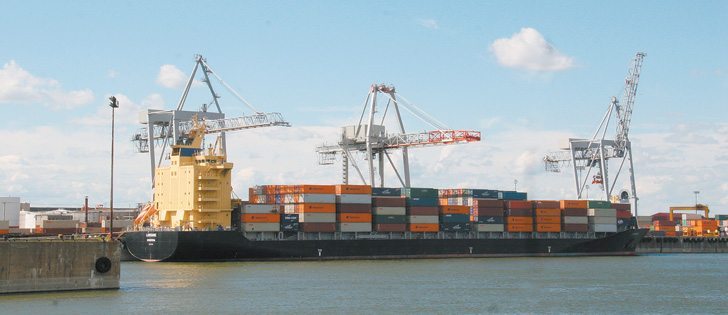Let the war of words begin.
Last week, the Canadian government announced an ambitious plan to reform the food inspection system in Canada, to radically change the regulatory and legislative base of the Canadian Food Inspection Agency.
The public is being invited to comment, industry will be consulted and the government hope is to have the plan implemented by the end of next year.
It is a bold agenda with no guarantee that the deadline can be met, even with a majority government in place.
Read Also

Downturn in grain farm economics threatens to be long term
We might look back at this fall as the turning point in grain farm economics — the point where making money became really difficult.
For there certainly will be pushback, and on a topic as sensitive and politically charged as food safety, the government and the CFIA in the past have shown themselves to be ham-handed responders (apologies to the pork industry).
Public advocacy groups like the Council of Canadians and the union-supported Canadian Health Coalition, as well as political opponents, not to mention unions representing CFIA inspectors and workers, will argue that this is cost-cutting, streamlining to please multinational food companies.
There will be references to the deadly listeria outbreak in 2008 and a widespread belief that imported food is less safe than Canadian food and less inspected. In other words, this is a file that lends itself to worst-case scenarios. There will be many of them as the debate goes on.
From the government side, it is virtually impossible to disprove a negative so there can only be a weak defence against allegations of future food safety crises.
And unfortunately, there really is no credible consumer voice in this, a lobby that can legitimately claim to speak for consumers and that offers thoughtful and researched opinions and food issues.
The Consumers Association of Canada has long lost that status.
This issue has a history. Previous attempts to reform the CFIA or the food safety system often have foundered because of political opposition and public suspicion.
Senior CFIA officials recognize the suspicion that will be out there and plan to fight back with assertions that food safety is number one, and all that.
But for all that, and for all the reasonable arguments that senior CFIA officials offered in presentations at the Canadian Meat Council annual meeting last week, the seeds of opposition likely were sown even deeper.
The optics in many ways were not good.
President George Da Pont chose to unveil the reform plan of simplification, deregulation and reducing the food industry’s burden at a meeting of the country’s major meat packers and processors.
They were ecstatic … sorry, supportive … and red flags likely were sprouting among the critics. If it is good for Cargill, how can it be good for consumers?
Then CFIA leaders talked about the new CFIA being more tied to the Agriculture Canada Market Access Secretariat to certify the safety of Canadian exports.
This has been one of the key problems in the past, giving critics fodder for an argument that CFIA has a conflict of interest as a regulator and a promoter of the industry.
The arguments the government will make for the need for reform of chaotic and often-archaic structures and rules have obvious merit, but cheers from the industry bleachers won’t necessarily convince consumers that this is in their interest.
The political battle for food inspection reform will be both trench warfare and high drama.
















